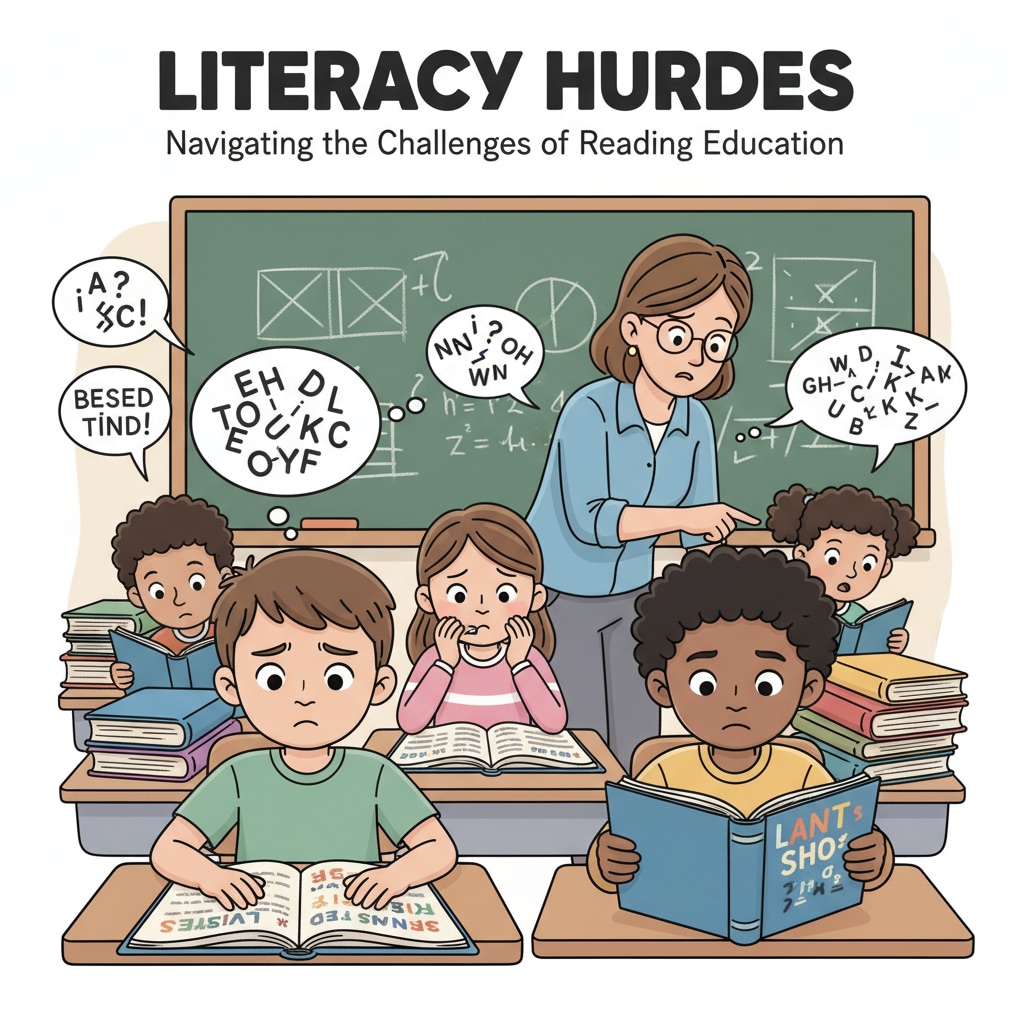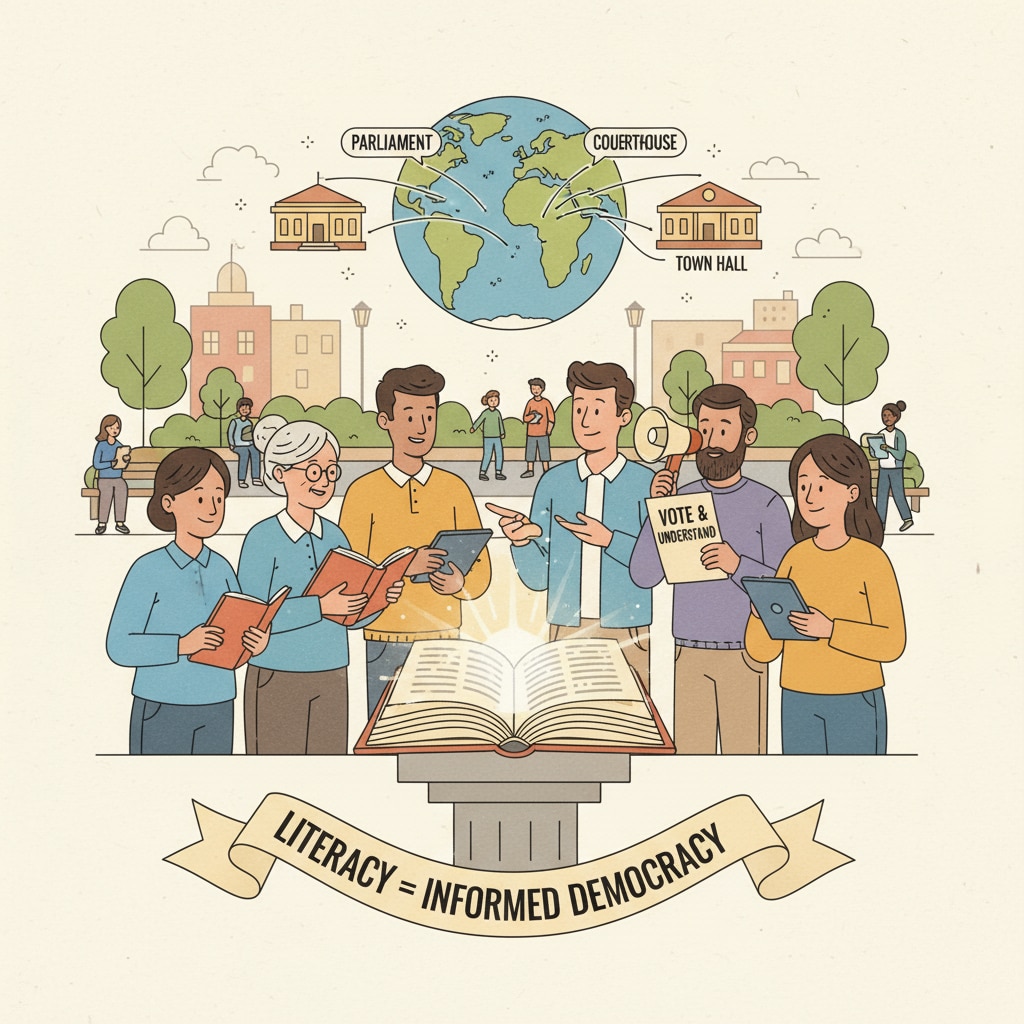In modern society, the connection between literacy, democracy, reading, and writing is profound. The ongoing decline in K12 students’ literacy skills is not just an educational concern but a potential threat to the very fabric of democratic society.

The Literacy Decline Phenomenon
The decline in literacy among K12 students is a widespread issue. In recent years, standardized test scores in reading and writing have been on the decline. This could be attributed to various factors, such as the increasing prevalence of digital media, which often promotes quick consumption of information rather than in-depth reading and analysis. For example, students are more likely to engage with short-form content on social media platforms, reducing their exposure to complex written materials.
The Role of Literacy in Democracy
Literacy is the cornerstone of a democratic society. When citizens are literate, they can better understand political issues, policies, and the actions of their leaders. Reading and writing skills enable individuals to participate in public discourse, express their opinions, and make informed decisions at the ballot box. As stated on Democracy on Wikipedia, an informed citizenry is crucial for the functioning of a democratic system.

If literacy continues to decline, the ability of citizens to engage meaningfully in the democratic process will be severely hampered. They may not be able to comprehend political propaganda, resulting in being misled or making uninformed choices. This can undermine the very essence of democracy.
Readability guidance: The decline in literacy among K12 students is a concerning trend. By understanding the role of literacy in democracy, we can see the urgency of addressing this issue. In addition, exploring the factors contributing to the decline is essential for finding solutions.


